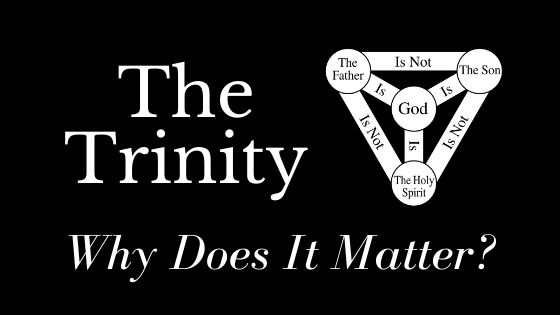Is God Always Morally Upright?
Does God have negative characteristics? Or is He the epitome of moral uprightness? We know of God’s natural and moral attributes. God is love, holy, just, compassionate, forgiving, etc. In short, God is a good God and He is good all the time. But what about the seemingly negative character traits of God that we read … Read more










